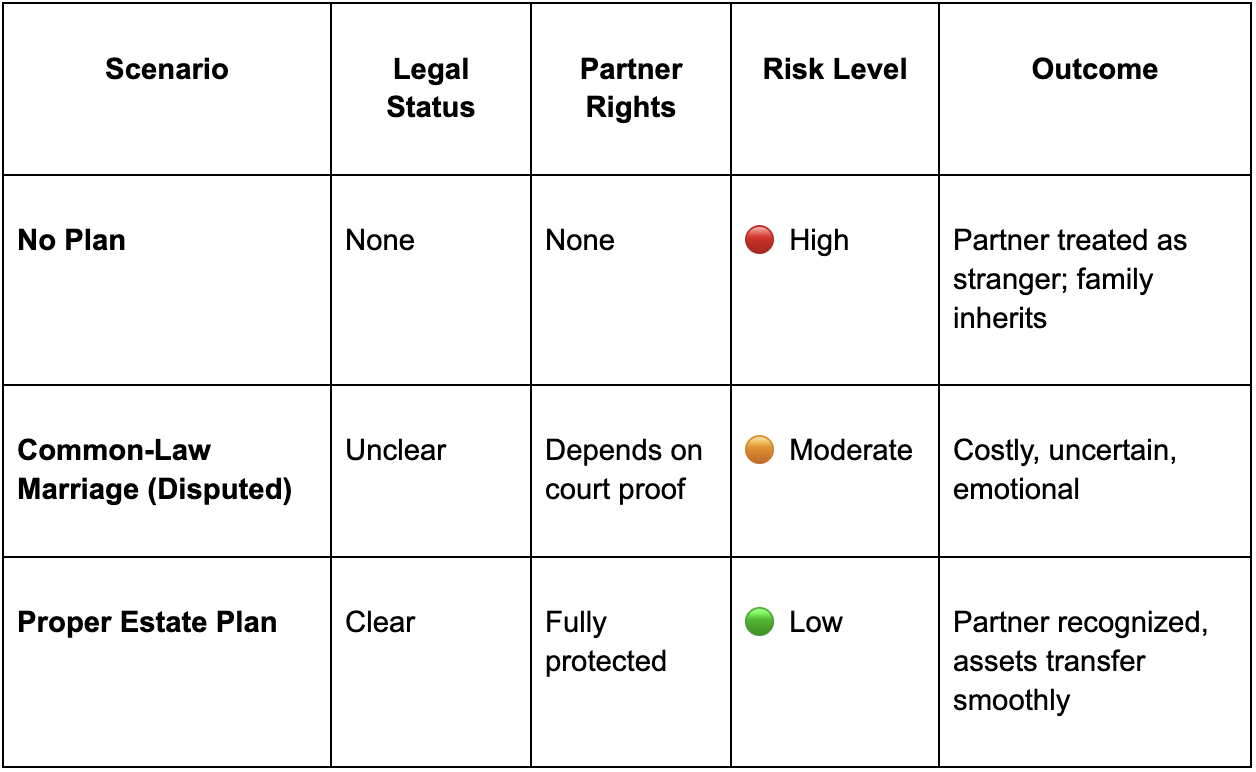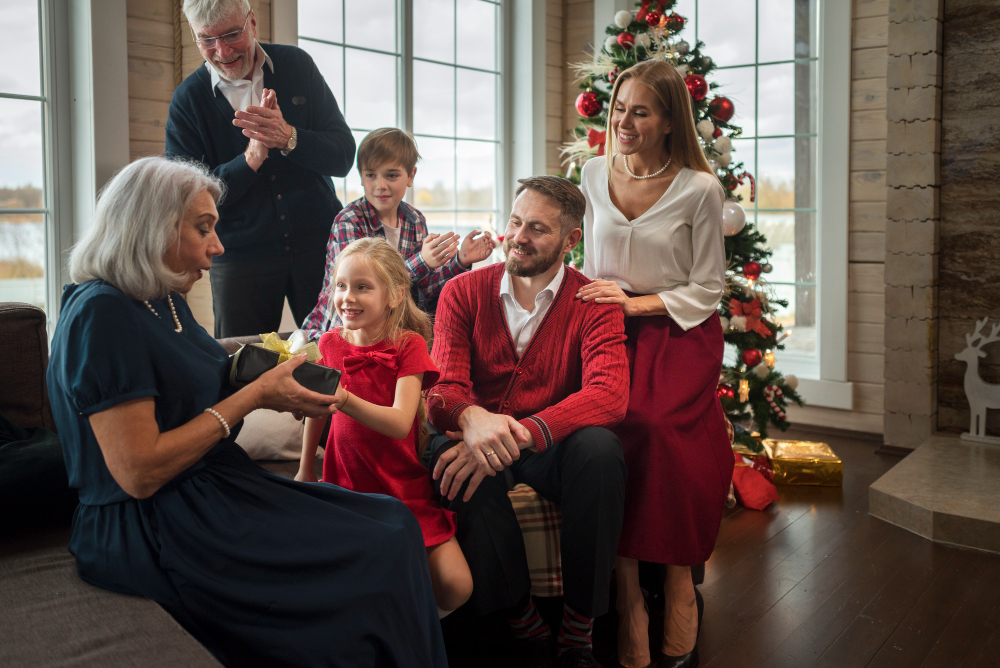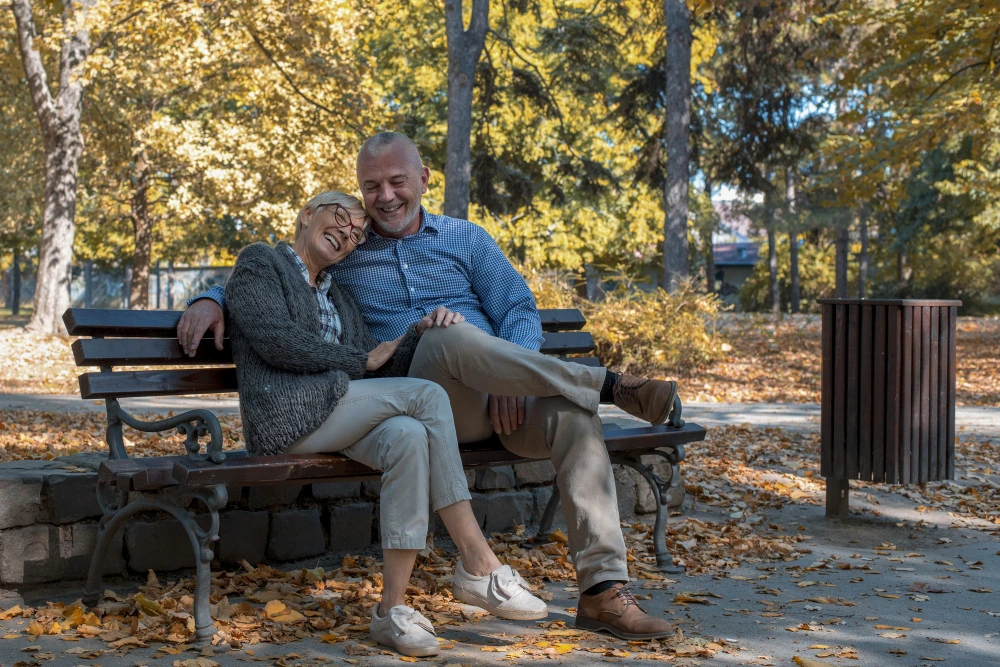Date:
November 3, 2025
Author:
Anastasia Fainberg
/
Founder & Managing Partner
Colorado Couples, This Is For You
You’ve built a life together, maybe even raised kids, bought a home, shared holidays with family. But if you’re not legally married, Colorado law may see you and your partner as complete strangers.
It’s one of the hardest truths for unmarried couples to hear.
Even after 10, 20, or 30 years together, your partner has no automatic right to make decisions, inherit assets, or even remain in your shared home if something happens to you.
Many believe “common-law marriage” fills the gap. It doesn’t.
And for countless Colorado couples, that misunderstanding has left partners locked out of hospitals, shut out of inheritances, and fighting families in court for recognition that should have been guaranteed.
This article will explain:
- What common-law marriage in Colorado actually requires
- Why it fails to protect most couples
- How to legally secure your relationship through intentional estate planning
The Myth of Common-Law Marriage
Living together, even for decades, doesn’t automatically make you married in Colorado.
To be recognized as “common-law married,” you must prove all three of the following:
- Mutual intent to be married (both partners agreed to be spouses)
- Public acknowledgment (you presented yourselves as married, shared last name, joint tax filings, “my husband/wife” in public)
- Convincing evidence if the relationship is ever challenged in court
The catch? These standards are subjective. Family members can (and often do) dispute whether a marriage existed. Judges can interpret the same facts differently.
That means your partner’s rights could depend on a court’s opinion, not on your life together.
Pro Tip: Learn more about legal protections for non-married couples at Denver Will Attorney.
When the Law Ignores Your Partner
Colorado’s laws were written for traditional families, not modern partnerships. Here’s what that means in real life.
Inheritance Exclusion
If you die without a will in Colorado:
- Your spouse inherits first.
- If no spouse, your children inherit.
- Then parents.
- Then siblings.
Your partner isn’t on the list.
Without formal planning, everything you built together could pass to relatives who may not even know your partner’s name.
Medical Decision-Making
Without a healthcare power of attorney, your partner has no authority to make medical choices, or even get updates in an emergency. Hospitals turn first to legal next of kin: parents, adult children, or siblings. Your partner may be left outside the room while decisions are made without their input.
Property and Probate Conflicts
In Denver, where median home prices hover around $600,000-$700,000, homes are major assets. If only one name is on the deed, the surviving partner has no guaranteed rights. After death, the property enters probate, where family members can contest ownership. We’ve seen surviving partners evicted from homes they helped pay for, simply because their name wasn’t on the title.
Family Disputes
Grief can divide families. Without clear planning, relatives may challenge your partner’s right to inherit, manage finances, or even retrieve personal belongings. Colorado probate averages 6-9 months, and longer if there’s conflict. That’s time, money, and heartache your partner shouldn’t have to bear.
Case Study: Sarah and Emma (Denver, CO)
Sarah and Emma lived together for 14 years. They owned a condo together, shared expenses, and named each other as beneficiaries on retirement accounts, or so they thought.
When Sarah died unexpectedly, Emma discovered her partner’s 401(k) listed Sarah’s brother as the beneficiary from years ago. Because they were never legally married, and no estate plan existed, Emma had no right to contest it. Sarah’s brother inherited everything, including the portion Emma had helped fund.
That’s the reality of Colorado law: Designations override wills, and without documents, love has no legal standing.

What Colorado Law Really Says
Common-Law Marriage in Detail
Colorado still recognizes common-law marriage, but proving it can be an uphill battle.
Courts look for:
- Shared finances or joint property
- Mutual agreement to be married
- Social acknowledgment as a married couple
But every case is fact-specific. A judge decides if the evidence adds up. Which means your future could depend on how persuasive your proof appears in court.
Intestacy and Probate Defaults
Colorado follows the Uniform Probate Code. Without a will, your assets go to your legal family, not your partner. The law assumes traditional marriage, not modern partnership.
Learn more: Visit Trust Attorney Denver to explore how revocable living trusts can ensure your assets stay where you intend.
Healthcare and HIPAA
HIPAA privacy rules make it illegal for hospitals to share your medical details with anyone not explicitly authorized. Without a healthcare power of attorney and HIPAA release, your partner can’t speak for you, no matter how long you’ve been together.
Financial Authority
Only a durable financial power of attorney allows your partner to manage accounts, pay bills, or access property during incapacity. Without it, they’ll have to petition the court for guardianship, a slow, expensive, and public process.
Why Living Together Isn’t Enough
Cohabitation is not protection.
It doesn’t create inheritance rights.
It doesn’t authorize medical decisions.
It doesn’t transfer property outside probate.
It doesn’t override default state laws.
The only way to secure your relationship is through intentional legal planning.
Tools That Protect Unmarried Partners
Wills and Trusts
Let you name your partner as beneficiary. A trust goes further, avoiding probate and keeping your estate private.
Healthcare Directives and HIPAA Releases
Ensure your partner can make medical decisions and access vital information in emergencies.
Durable Financial Powers of Attorney
Give your partner authority to manage finances if you’re incapacitated.
Beneficiary Designations and Property Titling
Updating accounts, deeds, and insurance ensures assets transfer directly, no probate, no court involvement.
Comprehensive Partner Protection Planning
Combines all the above tools into one cohesive plan so your relationship is recognized under Colorado law.
Side-by-Side: No Plan vs. Common-Law Marriage vs. Estate Plan

Common Misconceptions
Myth #1: Living together for seven years makes us married.
False. Colorado has no time-based rule. Marriage is based on intent and public representation, not duration.
Myth #2: My partner automatically inherits if I die.
Not in Colorado. Only legal spouses and blood relatives inherit under intestacy laws.
Myth #3: A will is enough to avoid probate.
A will goes through probate. Only a trust allows assets to pass privately and efficiently.
Myth #4: My partner can make medical decisions in an emergency.
Without legal authorization, hospitals must default to next of kin, not your partner.
Why This Really Matters
Estate planning isn’t about wealth. It’s about love, respect, and recognition. For unmarried partners, it’s how you legally honor your commitment, how you ensure the person you trust most isn’t sidelined when life changes suddenly.
Because Colorado law won’t protect your relationship. You have to do that for each other. When you take these steps now, you’re not just creating documents, you’re building peace of mind. You’re giving your partner legal voice, stability, and belonging.
How to Start
- Take inventory, list your assets, accounts, and property.
- Decide together, who should make decisions if one of you can’t?
- Meet with a Colorado estate planning attorney, ensure documents comply with state law.
- Title property correctly, joint tenancy, beneficiary deed, or trust ownership.
- Review regularly, revisit your plan after moves, marriages, or major purchases.
Pro Tip: Legacy Law Group’s LIFT Framework (Legal, Insurance, Financial, Tax) ensures every part of your plan works together, and stays current through our annual Client Care Program.

FAQs
1. Does Colorado still recognize common-law marriage?
Yes, but only if both partners mutually intend to be married and hold themselves out publicly as spouses. Each case is fact-specific and can be challenged in court.
2. How can we prove a common-law marriage if needed?
Evidence includes joint tax returns, shared last names, or testimony showing mutual intent. But proving it can be uncertain, it’s safer to plan legally.
3. If we buy a home together, will that protect us?
Only if ownership is properly titled (joint tenancy or trust). Otherwise, probate may divide it according to intestacy law.
4. What happens if one partner becomes incapacitated?
Without powers of attorney, the healthy partner must petition for guardianship, a costly, court-supervised process.
5. Can we make a joint trust if we’re not married?
Yes. Unmarried partners can create a revocable living trust naming each other as co-trustees and beneficiaries.
6. Will our partner owe taxes on inherited assets?
Colorado has no inheritance tax, but federal rules apply. Planning ahead prevents avoidable tax burdens.
7. What about health insurance and retirement benefits?
Employer plans vary. Some allow domestic partners; others don’t. Estate planning ensures access through beneficiary designations and directives.
8. Can we include each other in funeral or burial decisions?
Yes, but only with a written declaration of disposition of last remains or through your will.
9. How often should we review our plan?
At least once a year or after major life changes (home purchase, move, career shift). Legacy Law’s Client Care Program handles this automatically.
10. Is this something we can DIY?
Not safely. Online forms rarely align with Colorado’s witness and notarization requirements. Custom legal planning ensures enforceability.
Closing Reflection
At Legacy Law Group Colorado, we see it every year, couples who loved deeply, but assumed their bond would be enough. The truth is, love deserves legal recognition. And in Colorado, that recognition only comes from planning.
Don’t let your partner be treated as a stranger. Let’s make sure your relationship, and everything you’ve built together, is legally protected.
Schedule your free consultation with Legacy Law Group Colorado today. Your future, your peace of mind, your partnership, protected.






































